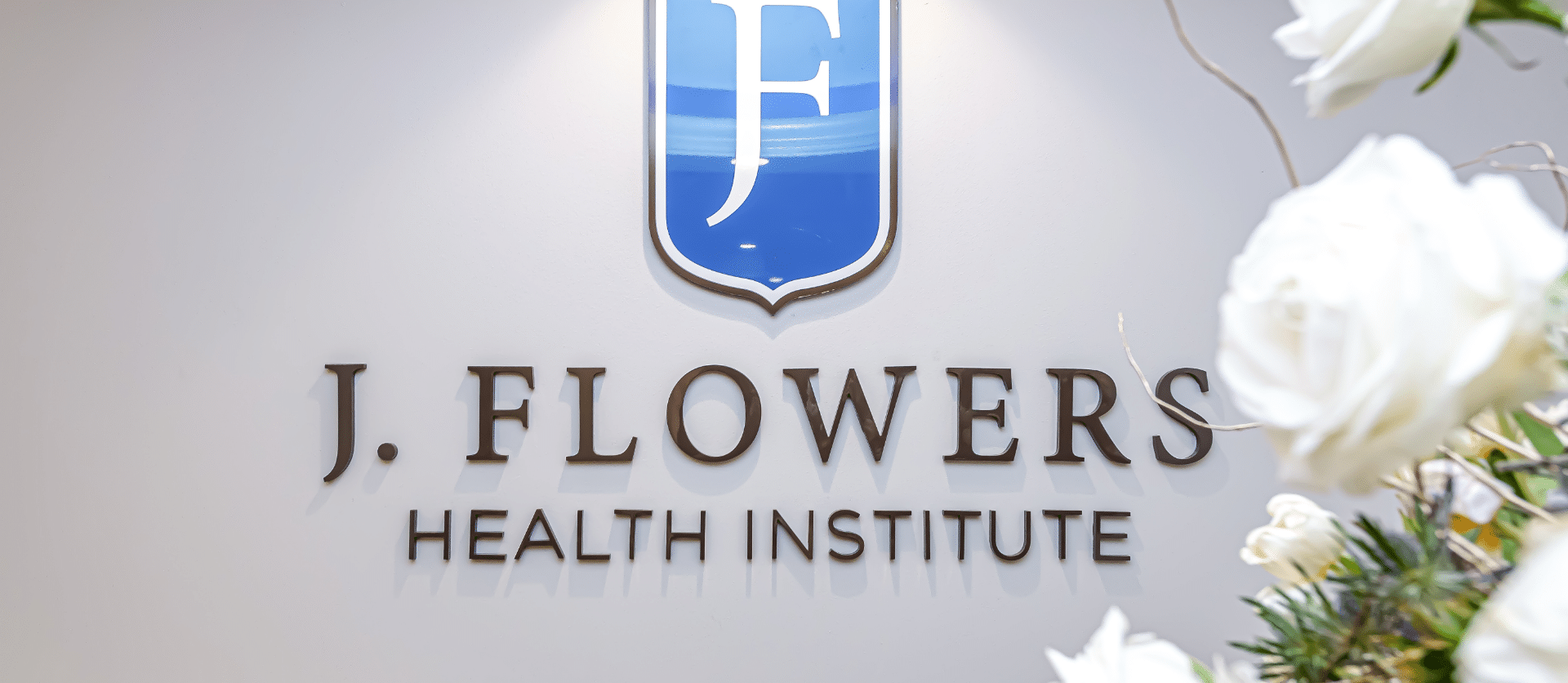 Written by Vaughn M. Bryant, III, PHD
Written by Vaughn M. Bryant, III, PHD
Master your mind or your mind will master you.
COVID-19, Acute Stress Disorder, and PTSD
The COVID-19 pandemic is a historic event that has exposed a significant number of people to a stressful situation that meets the first criteria for diagnosis of Acute Stress Disorder (ASD). Acute Stress Disorder is the precursor to Post-traumatic Stress Disorder (PTSD). Acute stress disorder and post-traumatic stress disorder are not diseases, they are maladaptive responses to traumatic stressful events. Acute stress disorder can be resolved before it develops into a chronic state of post-traumatic stress through early intervention, effective self care and resiliency in the individual.
Diagnosing Acute Stress Disorder from COVID-19
The prerequisite for diagnosis of an acute stress disorder or a post-traumatic stress disorder is that the person has been exposed to actual or threatened death or serious injury. In the case of the COVID-19 pandemic the threat of infection appears real but for the most part, the threat of death or serious injury is low.
How You Conceptualize Stress Matters
Stress has a significant psychological dimension that is influenced by the way a person conceptualizes the stressful event and the way they think about their ability to cope with the stress. When a person tells their self; “I can’t handle this.” then the stress they feel intensifies. When a person tells their self; “I can handle this.” and they actually believe they can, then the stress they feel decreases. In the case of the COVID-19 pandemic, the impact that the stress of the pandemic has on the individual will be significantly influenced by the way they conceptualize and perceive the threat in their own psyche.
How to Prevent ASD from Becoming PTSD
Acute stress disorder can be resolved before it develops into a chronic state of post-traumatic stress disorder through preventative mental health self care. Acute stress can overwhelm the adaptive information processing system within the human psyche leading to disturbances in mood, cognition, behavior and relationships.
Know the Signs of Acute Stress Disorder
Some of the early signs of acute stress disorder include:
- Intrusive preoccupation with the traumatic event
- Negative mood
- Dissociative symptoms
- Avoidance
- Alterations in arousal
When the human psyche becomes overwhelmed by the acute stress, essential adaptive reprocessing of the stressful event is prevented because the nervous system gets frozen in a state of over-arousal and the memory of the event gets associated with distressing thought and emotion.
Early Intervention and Self Care are Key
With effective early intervention, people experiencing stress related to the COVID-19 pandemic can engage in proactive mental health self care to activate their adaptive information processing system and reprocess their reaction to this stressful event in a way that effectively decreases the arousal of their nervous system and prevents the stress from overwhelming their psyche and becoming a chronic disabling condition.
How the Autonomic Nervous System Functions Amid COVID-19 Pandemic
The autonomic nervous system has two basic modes of functioning; the sympathetic response and the parasympathetic response.
Sympathetic Response from COVID-19: Fight, Flight or Freeze
During times when the psyche perceives a threat to safety and well being, the sympathetic nervous system response dominates and floods the brain with excitatory neurotransmitters like adrenaline to activate the brain and body to face the perceived threat. This action is what is commonly referred to as the “fight, flight or freeze” reaction. In this state of increased arousal, the higher order executive functions of the human psyche are bypassed by automatic reflexive responses and people are vulnerable to irrational thoughts and behavior.
Prolonged Exposure to Acute Stress Can Lead to Chronic Disorders Like PTSD
Most situations that activate the “fight, flight or freeze” response are short lived and the over-arousal of the nervous system switches off after a few seconds or minutes. Prolonged exposure to acute stress creates the conditions that can lead to chronic impairment in psychological functioning characteristic of trauma and stressor related disorders.
Constant COVID-19 Warnings Prolong Sympathetic Response
The COVID-19 pandemic is a historic event that has triggered a relentless cascade of information that is being instantly delivered to people on television, radio, internet, cell phone alerts and social media. The overwhelming majority of that information is in the form of “warnings” or “alerts” that often serve to intensify and prolong exposure to acute stress. This barrage of alerts and warnings can keep an individual’s nervous system stuck in the sympathetic response mode.
Parasympathetic Nervous Response: Perceived Safety and Security
During times when the psyche perceives safety and security, the parasympathetic nervous system response dominates. In this mode of autonomic nervous system response, the body will rest, relax and direct energy toward regenerative functions.
It is in this state of homeostasis that the brain can regenerate by synthesizing essential neurotransmitters to optimize mental functioning and engage in adaptive information processing to enhance feelings of well-being. The higher order executive functions of the psyche are available to reprocess experiences and construct more effective ways to interpret life events. This effective reprocessing leads to growth, wisdom, acceptance and meaningful change.
Effective Mental Health Self Care Strategies During Times of Acute Stress
The rest of this article will describe effective strategies for prevention and early intervention to avoid the development of acute stress disorder and post-traumatic stress disorder.
With concentrated effort and the development of effective coping strategies, a person in a state of acute stress can learn to turn off the sympathetic nervous system response and turn on the parasympathetic nervous system response. These effective mental health self-care strategies are essential for the prevention of a chronic trauma and stressor related disorder.
Rational Self Analysis
Make a realistic and rational analysis of the threat you perceive and your reaction to it.
Ask yourself these three questions;
- What am I feeling?
- Why am I feeling this way?
- What can I do about this?
Realize that feelings are real but they are not necessarily facts. You may fear death but that does not necessarily mean that you are dying. If you measure your vital signs like pulse, breathing, temperature, blood pressure and realize that the vital signs in your body are within normal limits then the facts are that you are living, you are not dying. It is important to confront your feelings with facts so that your emotional response can migrate toward a more rational response to the facts.
If your feelings are irrational then change the way you think.
In the event that your feelings are rational (the feeling fits the facts), then do something about it. Engage in meaningful change to improve the condition that is causing the feeling. If you are feeling fear about your health because you have significant symptoms of disease then seek medical health care and follow through on the medical advice given by a specialist who treats that condition.
If your feeling fits the facts then engage in meaningful action to change your condition.
Effective Self Care
Take care of yourself in all dimensions of your life.
Improve your physical health. Practice disease prevention with social distancing, good hand hygiene, drink plenty of water, healthy nutrition, adequate rest and physical activity.
Improve your mental health with optimism and gratitude. Live in a state of contentment about how fabulous your life really is. You have the mental clarity to read and understand this article. You have the motivation to improve yourself. You have a vast array of resources available for you to access that can transform the way you think and respond to life.
Improve your social / relational health. Reach out to others with love and compassion. Graciously receive the love and compassion that others extend to you. betfinal Be generous with your time and attention to others. In this time of “social distancing”, reach out to others through phone and electronic messaging. If someone you love is at a distance away from you, call them and tell them “I Love you.” Post messages in social media that lift up people’s spirit. Use your words to build people up and enhance their well-being.
Improve your spiritual condition. Practice the spiritual disciplines of prayer, meditation, reading of sacred text, repentance, devotion and fidelity. There is a power greater than yourself that intersects your human consciousness, restores your soul and guides your attention toward the divine truth of hope and love.
Experience pleasure. Engage in the moderate consumption of pleasurable activity. Slow down and be intentional in your pursuit of enjoyable experiences. The intentional pursuit of enjoyable experiences represents mastery of your thoughts and behavior. When a person is stuck in a state of acute stress, the brain gets hijacked by the stress response and their thoughts become obsessive and behavior becomes compulsive.
When a person will slow down and seize control of their thought and mindfully direct their behavior then they have mastered their mind. Focus your attention on what you really enjoy in life; the company of someone you love, the mindful consumption of enjoyable food, engaging in a recreational activity, appreciation of art, listening to music, playing with a dog, experiencing the sights, sounds and smell of nature.











